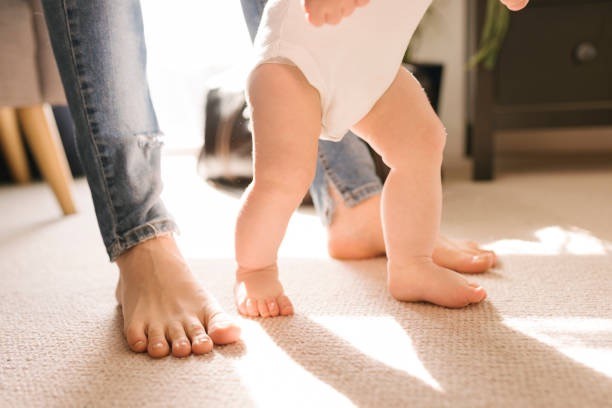Kinship care: “While we have him, we care for him and love him as our own.”
I grew up with lots of foster-siblings, more than 50 of them in fact.
So I very quickly became used to the idea of learning to know siblings and then having to say goodbye to them.
On the surface, that might seem cruel, but it arises from a philosophy my parents followed: If children being fostered can safely return home, they should.
That philosophy reflects the reason for kinship care.
Kinship care, by the way, means that when a child is removed from his or her home and placed in foster care, all known relatives are contacted to see if they could care for the child.
The philosophy is also the reason I am involved in kinship care.
My parents believed, too, that if any of the children they were fostering became available for adoption, they would adopt them; they adopted four, adding to the five of us born to my parents. We grew up being home-schooled and learning to live off the land. I didn’t appreciate that at the time, but I do now. It has made me who I am.
My aunt and uncle lived next to us and also provided foster care, adopting children from among those they fostered. So it was never a question for my husband and me: We always knew we would adopt. God has blessed us with so much and we believe we need to be there for people who haven’t been dealt that same deck of cards.
We began the adoption process, but wanted to complete a planned move for our family, which includes our 6-year-old daughter and 4-year-old son; after that, we would re-activate our adoption profile.
That’s when a letter arrived.
The communication detailed the birth of a baby boy to the daughter of my adopted cousin. The baby had been born at 25 weeks and was not expected to survive. In fact, he had been in the hospital the first five months of his life.
But he is a fighter.
When he was finally able to go home with his Mom and Dad, he had to return for weight checks every week. At his second checkup, it was determined he had a skull fracture. Something had occurred causing that injury, prompting his removal.
After considerable effort and time with the county agency , we were able to take him under a kinship care arrangement.
In one aspect, kinship care can be harder than foster care because you know the parents; in the case of foster care, you typically do not.
The baby has been with us since May. We do visits with his parents via Zoom twice a week, but there has not been a determination whether it is best for him to be returned to them. The parents have to pass regular drug tests and meet requirements for housing and employment.
But while we have him, we love him and care for him as our own. We feel fortunate to have him.
If it turns out he cannot be returned to his parents, we absolutely want to be his forever family.
And that, for us, is kinship care—a crucial part of the permanency effort for some children. If you are interested in hearing more about becoming a Diakon Adoption & Foster Care resource family, please click here.
—A Kinship Care Mom
If you are interested in hearing more about becoming a Diakon Adoption & Foster Care resource family, please click here.


